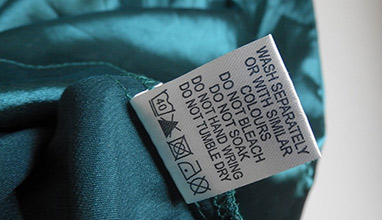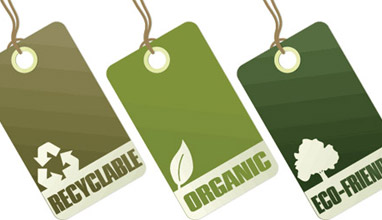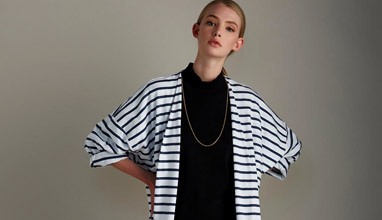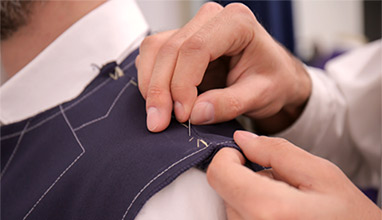Why You Should Always Research Your Fashion Purchases (and How to Do It)
We all love shopping for new clothes and accessories, but if you're concerned about the ethics and sustainability of your purchases, it can also be a bit stressful. Most of you reading this, and most of us in general, aren't going to refuse to buy something just because of some minor, fleeting issue. But we do, however, want to be more conscientious about the types of fashion we buy.

Better researching your fashion purchases can help you make more ethically conscious decisions. But what should you be on the lookout for, and how should you approach this type of research?
The Many Risks and Problems With Fashion Products
There are many risks and problems associated with fashion products.
- Health risks. In some cases, materials can pose health risks, or the production of those materials can pose health risks to workers. By now, most of us are familiar with the idea that asbestos (which was once a very commonly used material in construction) can cause a rare and aggressive form of cancer known as mesothelioma. While carcinogenic materials aren't especially common in the fashion world, we do need to be aware that there are health risks associated with certain materials and production approaches.
- Sustainability. It's also important to think about sustainability, especially for those of us who like to buy new clothes and accessories on a regular basis. If your products are made using finite materials or using excessive amounts of energy, you can increase your negative environmental impact, and this is multiplied by the number of products you buy.
- Ethical issues. Ethical concerns should also factor into your fashion buying decisions; nobody wants to voluntarily fund a sweatshop. Mistreatment of workers, nefarious brand practices, and exploitation of natural resources are all worth knowing about.
The Importance of Minimalism
One of the biggest sustainability issues in the fashion world is fast and excessive consumption. Purchasing a single “unsustainable” fashion product isn't that big of a deal in the grand scheme of things, especially if it's capable of lasting you a lifetime. But if you buy new clothes on a weekly basis, and you often throw away your old clothes, even relatively sustainable choices are going to leave a lasting impact.
Accordingly, your best strategy is to practice a form of fashion minimalism. You should only buy new clothes and accessories when you truly need to, and prioritize buying things that you know are going to last a long time. It's also important to find ways to reuse or donate the clothes and accessories you no longer need, rather than simply sending them to a landfill.

Practical Tips for Research
As you approach fashion research, you should strive to do the following:
- Understand the ethical complexity of purchases. All purchases are ethically complicated. There is no such thing as a black-and-white decision when it comes to ethics. There are dozens of things to consider, including the materials, the source, the brand, different companies involved in marketing and distribution, and even packaging in some cases. You're never going to be able to know everything, so try not to overwhelm yourself or become obsessed. Even small steps to reduce your negative environmental or ethical impact are worth making.
- Start with the brand. Start by researching brands. Look for companies that have a reputation for being ethical and sustainable, and validate that their ethical and sustainable claims are accurate. Once you find a brand you trust, stick with them.
- Look at sustainability reports. The overwhelming majority of major companies around the world now publish annual sustainability reports. Review these reports before making purchases from any specific company; you'll likely feel a lot better about your decision.
- Evaluate the materials. Some materials are more sustainable than others. For example, materials like acrylic, rayon, nylon, and polyester are less sustainable than other fabrics.
- Think about product lifespan. You'll also need to think about the potential lifespan of a product, both in terms of how long you'll like and need it and in terms of how durable it is. The longer it's going to last, the smarter the purchase is.
- Compare to alternatives. When possible, compare each potential fashion purchase to an alternative. Is there something similar made from better materials or presented by a more ethical brand?
- Be ready and willing to update your views. Things change quickly in the fashion world. Periodically update your assessments; you may choose to stop purchasing from a specific brand or change your mind about a specific type of material that’s now being made with newer, better strategies.
It's hard to find fashion products that are perfectly sustainable or totally ethical, since this is a complicated world, and we're all stuck living in it. But if you're willing to do a bit of extra research and you're willing to change some of your fashion purchasing decisions, you can make a meaningful impact on the world.
Photos: pixabay.com
Hits: 3005 | Leave a comment
Tags:Fashion Purchases, shopping





















